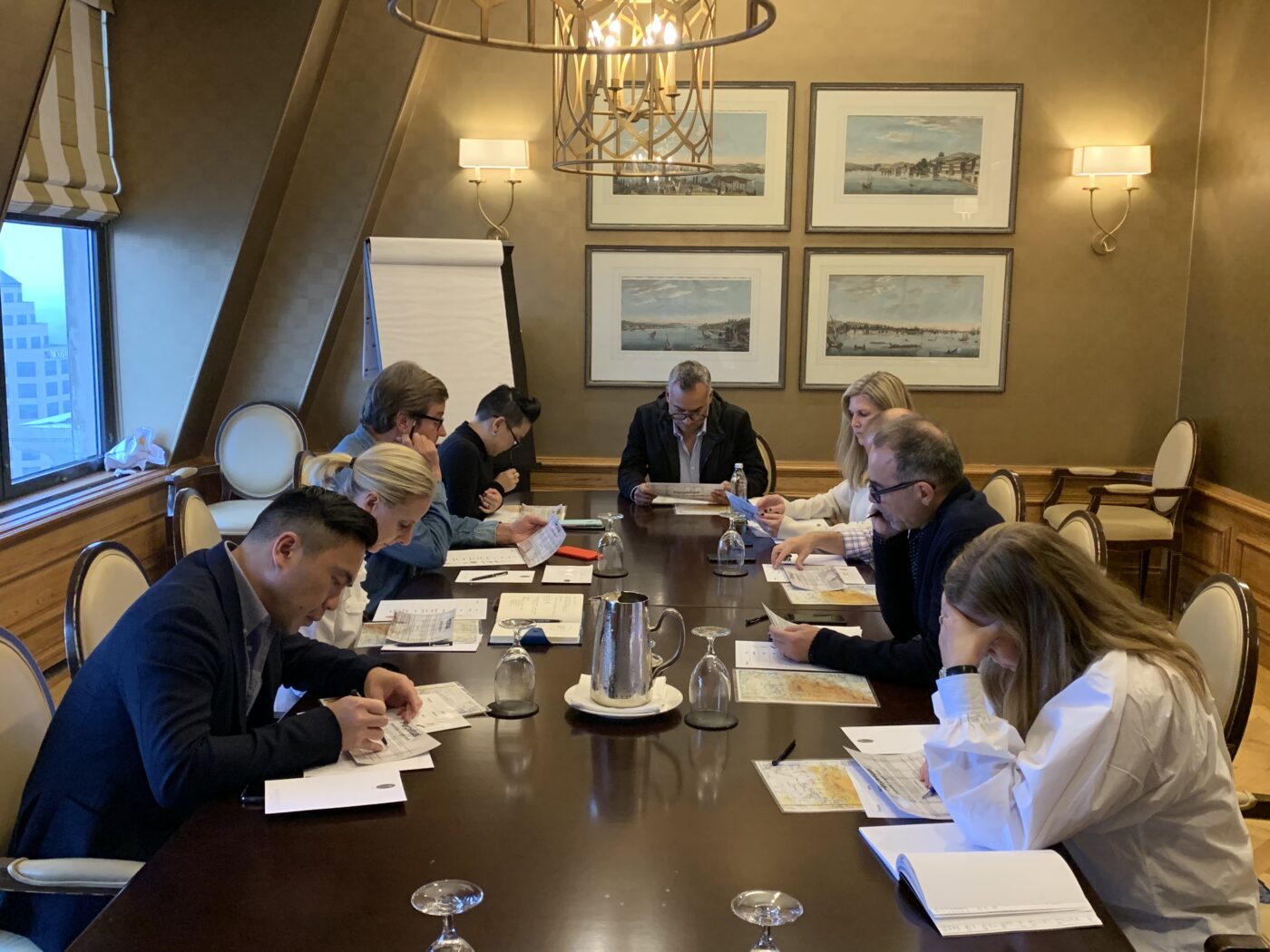Good day, everyone. Today, we have the pleasure of speaking with Pierre Trippitelli, the Managing Partner of Perpetual, a leading transatlantic talent advisory firm. Pierre, thank you for joining us today.
Thank you for having me. I’m excited to discuss the importance of cultural agility in today’s global business landscape.
Absolutely, cultural agility is a topic of growing significance. Could you tell us a bit about your role at Perpetual and your expertise in this area?
Certainly. As the Managing Partner of Perpetual, I oversee our European team based in Paris, where we specialize in supporting clients with subsidiary or wholly owned operating companies that span the transatlantic divide. My primary areas of expertise include retained executive search, sourcing global talent for transatlantic markets, and assisting clients in enhancing team performance and organizational health with a strong focus on cultural agility. My background enables me to bridge the gap between European and American business cultures effectively.
Your background is certainly impressive. Could you share some examples of how you’ve applied cultural agility in your work?
Of course. One instance that comes to mind is when I worked with a US-based luxury brand expanding its operations into Europe. I ensured that the executive team we recruited had a deep understanding of both the American brand identity and the nuanced preferences of the European clientele. This blend of cultural insights played a crucial role in their successful market entry and growth.
On the flip side, I’ve also assisted foreign companies in establishing their presence in the US. For instance, a family-owned European food and beverage company needed to establish a foothold in the American market. By helping them select leaders who not only possessed the necessary industry expertise but also had the cultural agility to navigate the US business landscape, we ensured a smoother and more effective entry into the market.
Those are compelling examples of the value of cultural agility. Could you elaborate on the concept and its importance?
Certainly. In today’s global economy, businesses must operate across borders and cultures. Cultural agility, or the ability to work effectively in diverse cultural settings, has become paramount. It’s not just about understanding surface-level differences; it’s about appreciating and adapting to the underlying cultural norms, values, and communication styles. This capability enables professionals to build strong relationships, collaborate seamlessly, and drive business success in unfamiliar territories.
Your insights are invaluable. Tell me more?
Absolutely. Fostering cultural agility among professionals has become an imperative for organizations operating in today’s interconnected global landscape. We offer practical counsel based on real-world experiences, focusing on the recruitment, selection, and development of culturally agile individuals. This step-by-step roadmap is tailored for human resource professionals and business leaders, empowering them to construct talent management strategies that enrich cross-cultural competency throughout their organizational structures.
Lastly, tell us a bit about your personal interests outside of the business world.
Certainly. When I’m not working, you can find me pursuing my passions. I’m an avid biker, often participating in Gran Fondo races around the world. I also enjoy climbing in the Alps and Hawaii, as well as competing on various golf courses globally. Additionally, I’m an active member of the French/American Chamber of Commerce in New York, where I continue to engage with cross-cultural interactions on a different level.
Thank you so much for sharing your experiences and insights with us today, Pierre. It’s been a pleasure speaking with you.
Thank you for having me. It’s been a pleasure discussing the significance of cultural agility and its role in today’s interconnected business landscape.










